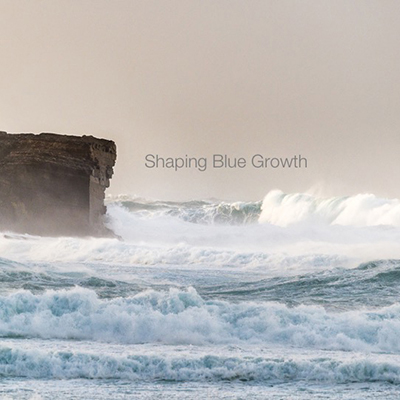New book chapter from International network for Social Studies of Marine Energy (ISSMER). As a result of a workshop with representatives from marine energy communities, industry, and policy, we summarised the key ways in which social science and humanities research has a crucial role to play in the development of marine renewable energy.
The workshop and writing were funded as part of the EU SHAPE Energy project (led by Chris Foulds, Anglia Ruskin University), to whom we are very grateful, and who edited the book of ‘think pieces’ on SSH and energy policy.
The chapter ‘Shaping Blue Growth: Social Sciences at the Nexus of Marine Renewables and Energy Policy’ is part of this edited collection, which shows how social sciences and humanities are (and can be) essential to energy policy development and implementation.
The book is published by Palgrave Macmillan as open access. As a whole, the book presents new ideas for future energy policy, particularly at the European level.
Read chapter (Open Access)
Chapter Abstract
The development of the Marine Renewable Energy (MRE) industry is part of the EC Blue Growth Strategy. It brings together a range of relationships across people, sea, and energy, from developers to local communities and policymakers. This calls for diverse approaches, moving beyond an oppositional mindset to one that can establish an inclusive community around MRE development. Ownership of the marine environment is a legal issue, but MRE devices operate within a cultural and emotional sense of place. Early, sustained community engagement and advocacy is crucial to developing an industry whose impacts are likely to be felt before its social benefits materialise. Crucially, local communities could be supported by Social Sciences and Humanities (SSH) research in creating new mythologies and imaginaries through which MRE technologies become an integral part of their culture, as well as part of their biophysical environment. A complex physical, political, and legal environment provides the context for these new marine energy technologies, and its development provides opportunities for SSH research to address issues around the sea and to integrate into the design of new marine energy seascapes.
